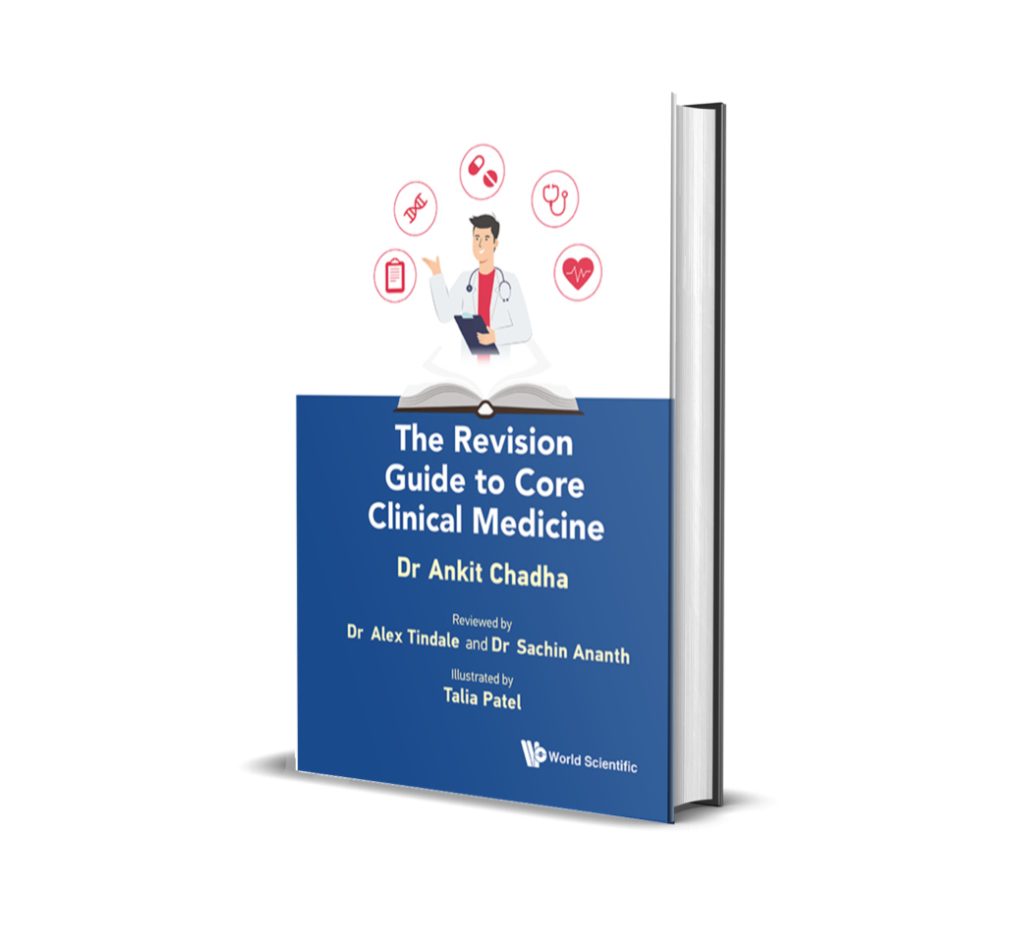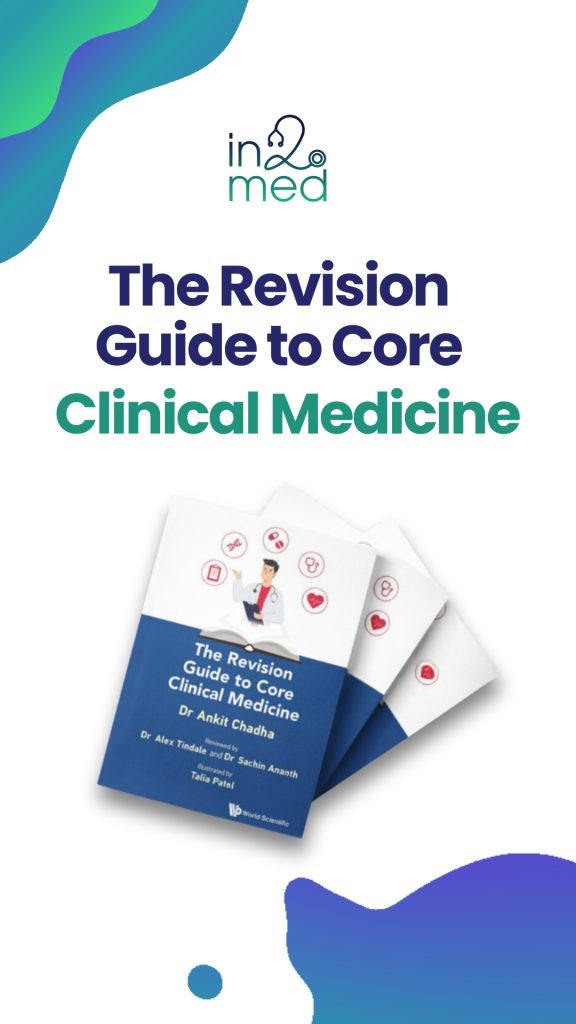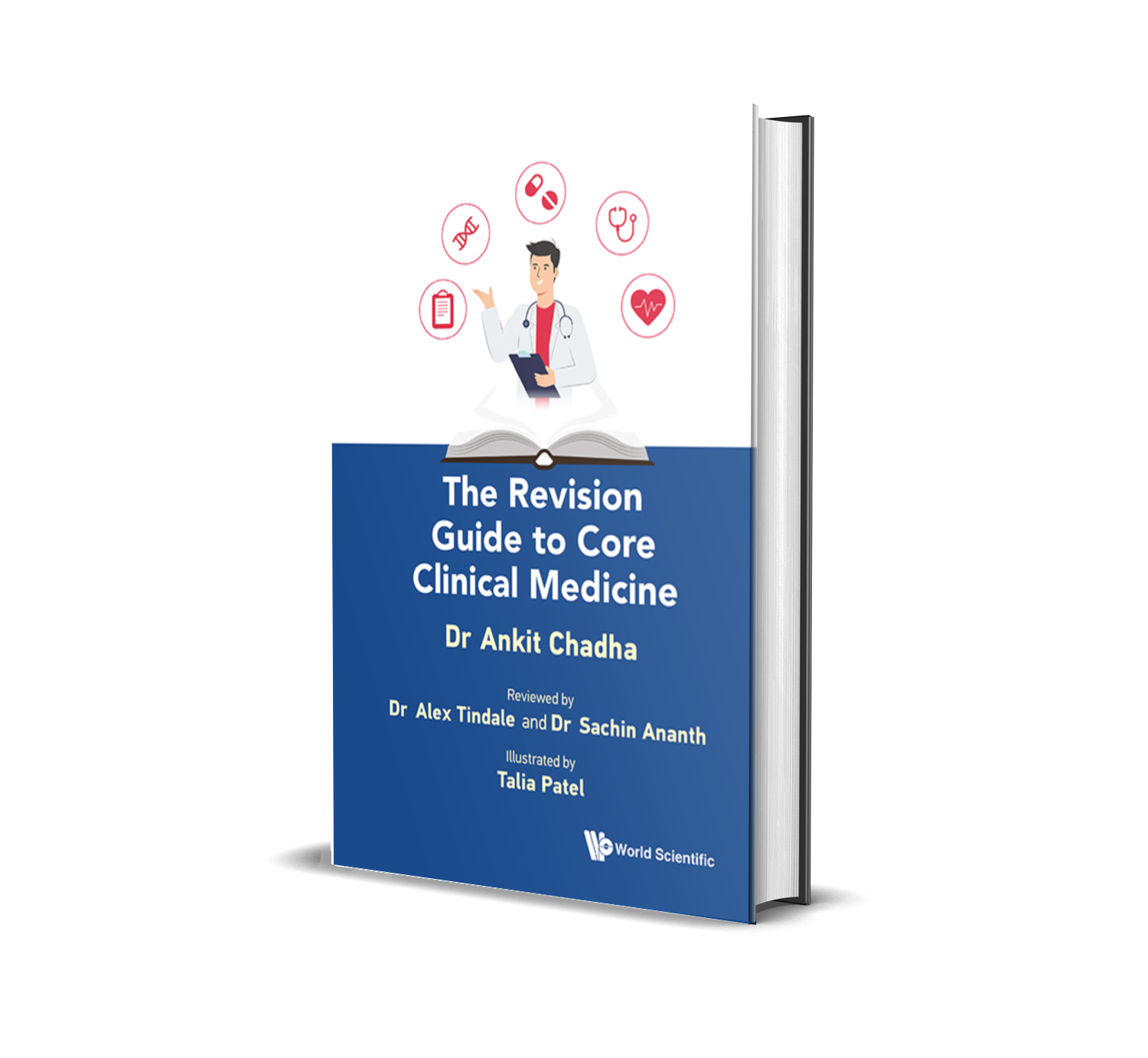Vomiting with Tinnitus
Try out this psychiatric case and test your clinical knowledge. The answers are at the bottom.
Questions
A 17-year-old girl presents to A&E with vomiting and a constant ringing in her ears. Her mother reports that she had taken several pills around two hours ago.
PMHx:
Depression
DHx:
Sertraline
Observations:
SpO2: 96% RA
Temperature: 37.2
BP: 110/82
HR: 111
RR: 41
Examination:
A: Patent, talking
B: On room air. Chest clear, trachea central.
C: CRT 3s, HS 1+2. ECG: sinus tachycardia
D: GCS 15. EARL. BM 5.4
E: Abdomen: diffuse tenderness. No guarding. No focal neurological signs detected.
Q1: What class of drug does sertraline belong to & what are some important side effects of these drugs?
An initial arterial blood gas is performed:
| Test | Result | Reference Range |
| pH | 7.54 | 7.35 – 7.45 |
| HCO3 | 25 | 22-29 mmol/l |
| PaO2 | 15.5 | 10-13.3 kPa |
| PaCO2 | 2.3 | 4.7-6 kPa |
| Lactate | 0.8 | 0.5 – 1 mmol/l |
Q2: Comment on the ABG.
Half an hour later the patient suddenly becomes confused and agitated. A repeat gas is performed:
| Test | Result | Reference Range |
| pH | 7.22 | 7.35 – 7.45 |
| HCO3 | 14 | 22-29 mmol/l |
| PaO2 | 12.1 | 10-13.3 kPa |
| PaCO2 | 3.3 | 4.7-6 kPa |
| Lactate | 0.9 | 0.5 – 1 mmol/l |
Q3: Comment on the repeat ABG. What drug has she likely taken?
Q4: What further investigations & management options would you consider in this situation?
Answers
Reveal the Answers
Sertraline belongs to the selective serotonin reuptake inhibitor (SSRI) class of drugs which are the first line pharmacological therapy for depression and anxiety disorders in the UK. Important side effects to be aware of are:
- Increased suicide risk in the first 2 weeks of commencing treatment
- Increased bleeding risk (inhibition of platelet aggregation)
- Hyponatraemia
- Sexual dysfunction
This ABG shows an acute uncompensated respiratory alkalosis. The normal bicarbonate indicates this is an acute episode, as the kidneys have not had time to adjust the bicarbonate levels to compensate for the change in pH. There is no evidence of respiratory failure, in fact the gas implies this is due to her high respiratory rate blowing off too much CO2.
This gas is very different to the previous one – it shows a metabolic acidosis with partial (incomplete) respiratory compensation. The normal lactate implies that there is an alternative cause to this dysfunction, and indeed if the Na, K and Cl- values were provided we would note that this would be a raised anion gap acidosis. The CO2 remains suppressed, implying the patient is still hyperventilating however this is not sufficient to overcome the metabolic acidosis.
This clinical picture is classically seen in salicylate overdoses, the most common drug of this class being aspirin. The initial overdose stimulates the respiratory centres in the medulla, which drive hyperventilation and cause respiratory alkalosis. However, as the drug is metabolized, the levels of salicylate acid accumulate in the bloodstream, causing a potent metabolic acidosis. As salicylate acid is an exogenous acid, it will increase the anion gap by depleting endogenous bicarbonate which would normally buffer physiological levels of acid in the blood. As a final point, the tinnitus the patient presents with makes this the most likely diagnosis.
Aside from routine blood tests, further specific investigations would include paracetamol and salicylate levels to exclude mixed overdoses and to quantify the level of acid in the blood. U&Es should be monitored carefully due to the high risk of renal failure in acidotic states. A CT head would also be a sensible investigation due to the sudden change in GCS, ongoing vomiting and toxic ingestion of a drug which can increase the bleeding risk.
Management includes activated charcoal if ingestion occurs within the hour, otherwise urinary alkalization via administration of IV sodium bicarbonate can help to reduce the effects of the acidosis. A central line is usually required for very strong concentrations and as such ITU should be involved if the acidosis does not improve with peripheral bicarbonate. In severe cases, hemodialysis/hemofiltration may be required to remove the excess salicylate acid and to support the patient’s kidneys.
University of Cambridge
About The Author
Disclaimer




